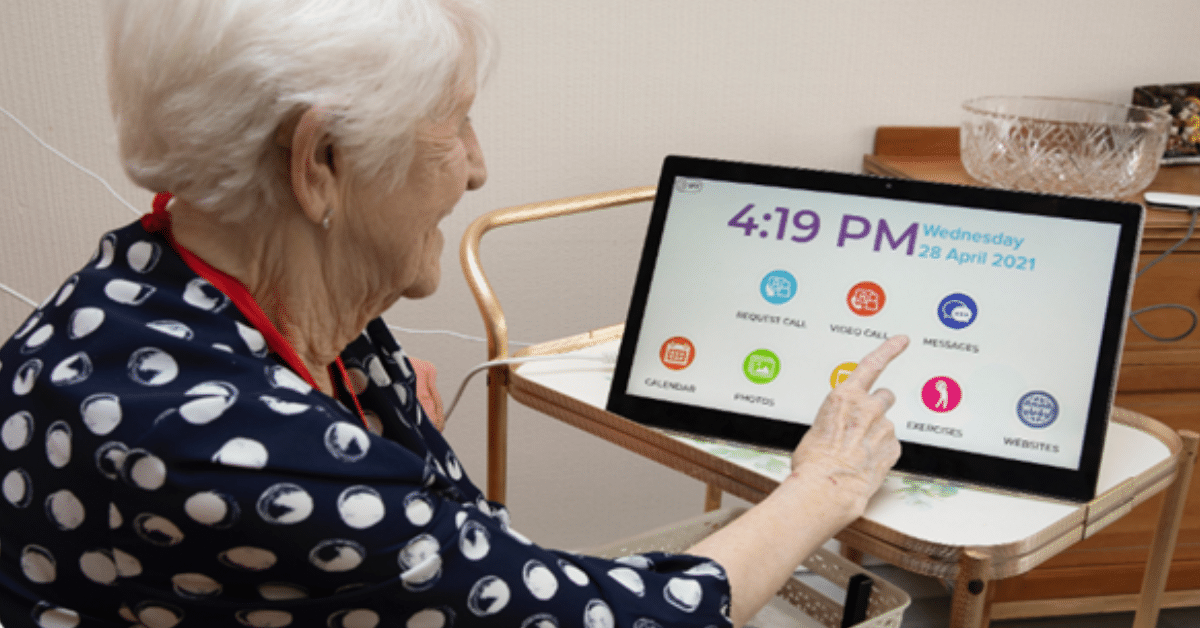Gina lives with her parents. She recently began to experience frequent seizures and was diagnosed with epilepsy. Medication was prescribed but it was explained that this may take some time to take effect.

Gina’s parents were concerned that she might suffer a seizure at night-time and they would not be aware, so they decided to take it in turns to sleep on the floor next to her bed. Gina felt this was intruding on her privacy. A telecare assessment was arranged, at which the effects on both Gina and her parents were taken into account.
Subsequently an Epilepsy Sensor was fitted to Gina’s bed (to monitor for night-time seizures) and it was configured to a Care Assist pager which would provide an alert to her parents (by ringing, vibrating and displaying an LED message).
As the pager range is 50 metres, Gina’s parents were able to return to sleeping in their own bedroom, reassured that the epilepsy sensor would alert them to any seizure movement. Gina was pleased to regain her privacy but also relieved that her parents would be able to gain adequate rest at night.
Gina returned to see her hospital consultant a few months later and, as the pager carries a local and downloadable history, she was able to give the consultant documentation listing every time the pager went off at night (indicating that she was entering a seizure). This information proved invaluable in helping the consultant to tailor medication to suit her condition.

